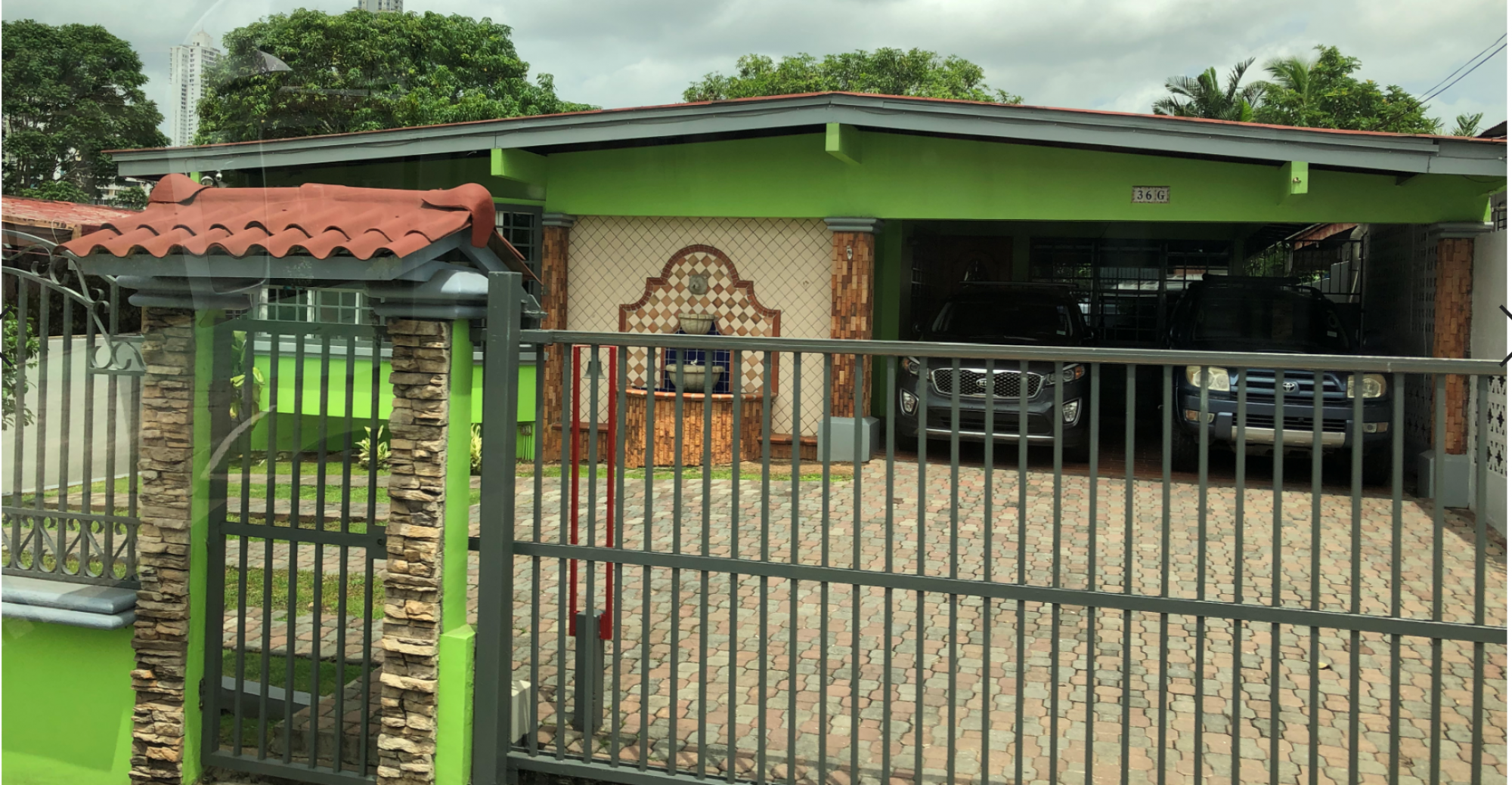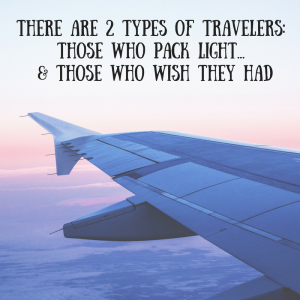According to the Huffington Post, only 10% of Americans have passports and only about 3.5% of Americans travel abroad. Congratulations on joining this tiny club! Is it your first trip out of the country? In some ways, this is not that different from domestic travel. In other ways, it will be a festival of strange new experiences. Of course you know you need a passport…but what else separates this from more local travel? Here are some things to be aware of that you might not have considered. Several of these are taken from Smarter Travel’s article on this topic.
- Wifi. Unless you purchase an international plan for your cell phone, or you just love paying roaming charges, you may not have the kind of internet access you’ve become used to here. This is NOT a reminder to get an international cell service…you’re spending lots of money for this once-in-a-lifetime experience, so take those Snap Streaks and just let ’em go, man. This is, however, a reminder that your access to online maps and such will also be less. If you want to watch a movie or listen to a podcast, be sure it’s downloaded to your device before you go, when you know the high-speed internet is really high-speed.
But if you want international service on your phone? You’ll pay for it. And it isn’t available to the same degree in all countries. Here are the rates I could find from major US carriers, as of April 2018:
AT&T – $10/day to continue your regular plan, or $60/month for a limited call/data plan ($50 fee for every GB you go over the limit).
Sprint – Free “basic” data, or $25/week extra if you want faster data. $.20/minute talk
Verizon – $5 (Mexico or Canada) or $10 (other places)/day for basic call/text/data. Monthly plans available with charges for calls & texts, and limits on data.
T-Mobile – Depends on your plan. Data could be included or cost $15/MB.
US Cellular – $35/month for 50MB of data - Sleep. Somehow, at some point during the trip, you’re gonna miss out on sleep. Or miss out on a day. You’ll fly a red-eye. You’ll have an early morning flight and land in the evening. Look at your travel schedule and think ahead. A 7pm flight that lands in France at 1pm (local time)…when your body will think it’s 7am…may not be the great deal it seems at first look.
- Shoes. Wear comfy shoes. NEVER EVER EVER plan on new shoes making their debut on a trip. Even if you’ve worn the same style and size for years, this pair could be the one that missed a quality control step and rubs your foot just a little bit. That little bit could be the difference between good memories and limping through a cathedral. It isn’t a bad idea to have 2 different shoes. That way if one starts to rub funny, the other hopefully won’t irritate the same spot.
- Pack light. This is something I always tell kids I travel with. Sometimes sidewalks aren’t even. Sometimes you’ll need to go up a flight of stairs. The more able you are to lift your bag, the better. There are people in this world who travel for weeks or months with just a backpack. Come as close as you personally can to being those people. See my packing tips posts for more ideas about doing this.
- Using ATMs. Often the cheapest and easiest way to get local currency. Just make sure you call your bank ahead of time and let them know you’re going to travel. Otherwise they may think it’s a suspicious charge and lock you out of your own card!
- Unplug. Much like #1 above, realize that being disconnected from all your tech can be a little uncomfortable at first. It is for me too. But soon, if you just go with it, the peace and calm that comes from just being in the moment will be something you come to enjoy. You can have real experiences with real people. Think of it as Facetime version 1.0…people whose faces are near you at that time.
- Language. If you’re one of my students, you’ve had at least 3 years of Spanish before coming on the trip. While you may feel like you don’t know enough language, you really do. Did you know that complete mastery of typical level 2 material (not that many people actually master it during level 2) is enough language to earn a passing score on the AP Langauge exam? If you can use polite greetings and expressions (please & thank you), handle numbers (even if you have to think about some of them), and use some other basic conversation bits, you’ll be fine. You just FEEL you’re not good enough because your English is so much better, and odds are you have never HAD to use your Spanish. Even if you have spoken here with people that only speak Spanish, you were doing it as an “extra” or a favor. There was no expectation anyone would speak Spanish, so you were going above and beyond by using the language at all. TRUST ME. I’ve done this a lot. You’ll be fine. Would I lie to you?
- No really, what if I don’t understand? Okay, legit concern. I get it. You can’t just signal them to stop and ask “¿Qué quiere decir…?” like you can in class. First, I recommend trying harder in class to not ask for a translation, but to ask for more description in Spanish. Get used to hearing things defined/described in Spanish. Heck, you may even need to ask your teacher to stay in Spanish for this. DO IT. Second, try to build your tolerance for not understanding EVERY. SINGLE. WORD. If you can get the gist of the message, then you’re fine. It may not be completely okay to let some ambiguity go in class, and you’ll get a feel for when understanding every word is necessary and when you can get by with just a general understanding. Try to be more and more okay with that second situation. It isn’t comfortable at first but it bothers you less and less as you do it more and more. In the moment, sometimes it may help if a person writes it out. In preparation for my trip to France this summer I am making sure I can tell people, “My French isn’t great. Please write it. I understand it better.” Because I can read at my own pace (not the pace someone speaks) and I can be sure I’m not distracted by an accent. I can truly recognize words I know once they are not all smushed together with all the surrounding words.







